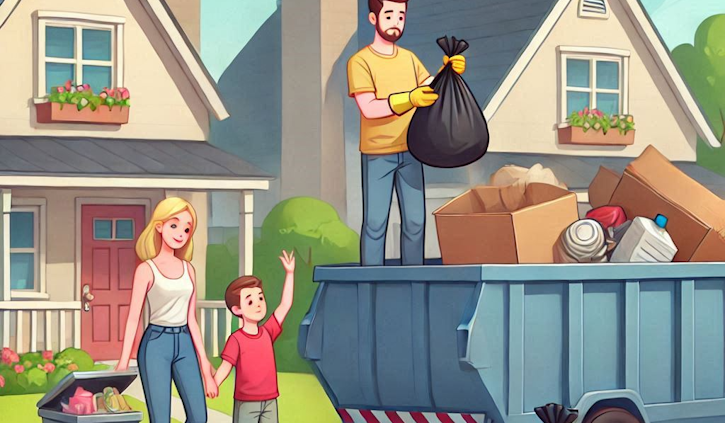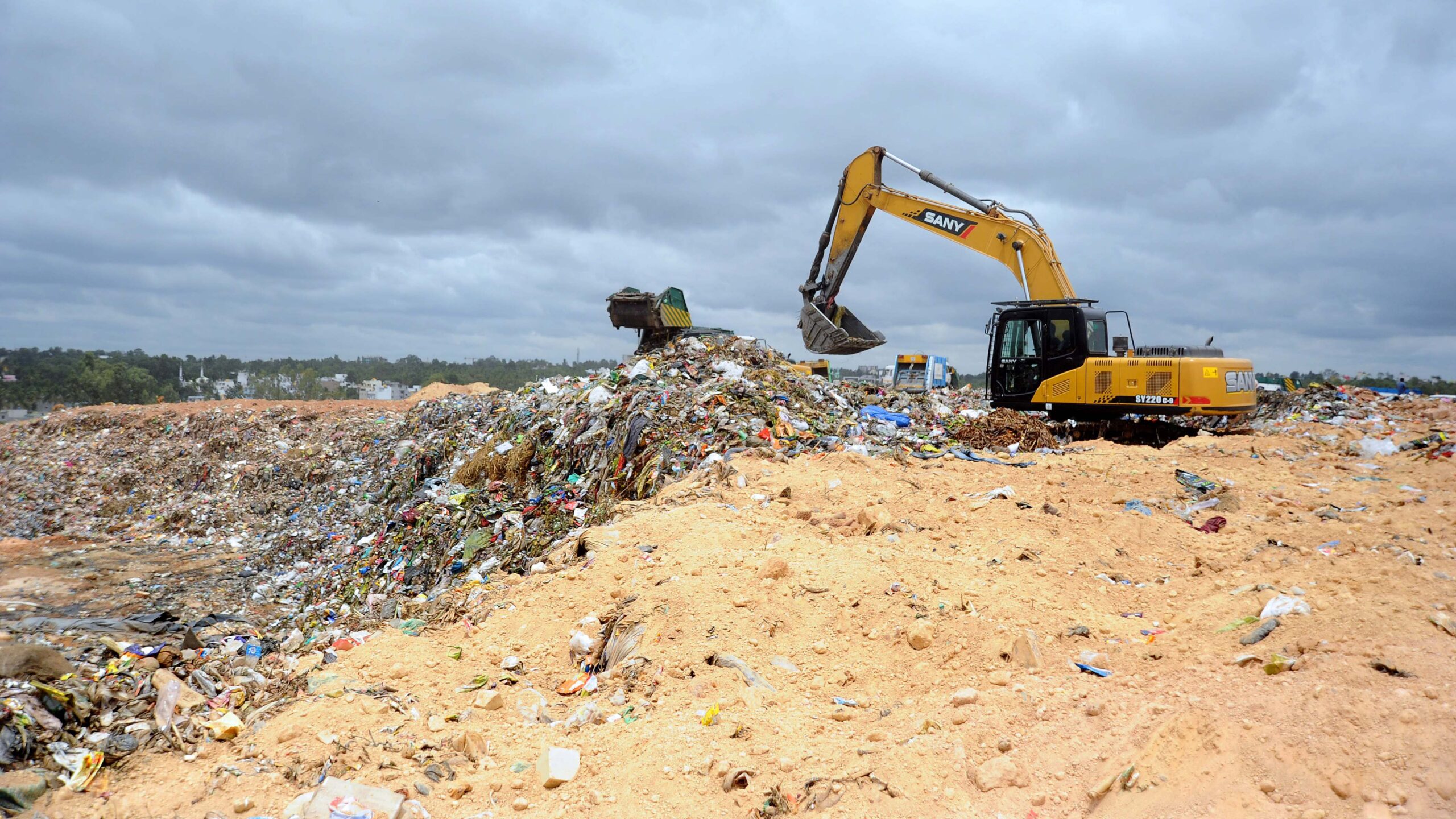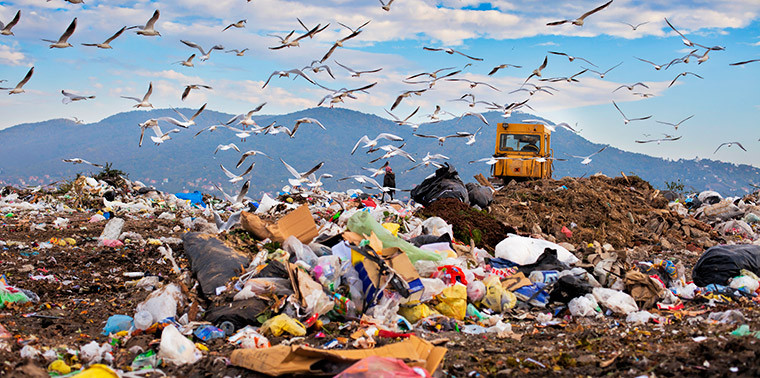Dumpster rentals serve as a waste management solution for any number of activities including home renovations, garage cleanouts, new construction, etc.
But if you are new to the process, you might have some questions about the way dumpster rentals work, what to expect, how to select the appropriate service, etc. Without further ado, here are five of the most common questions asked regarding dumpster rentals to help you make an educated decision.
What Size Dumpster Do I Need
A dumpster rental of the appropriate size will save you money you’d otherwise spend on unused volume or an overage fee. Dumpsters come in all different sizes: the most common sizes range from 10 cubic yards to 40 cubic yards, and each size is ideal for different types of projects:
- 10-Yard Dumpsters: Suitable for small projects such as garage cleanouts or small remodels. It can store roughly 3 pickup truck loads of waste
- 20-Yard Dumpster: Ideal for medium-sized projects such as renovations of bedrooms or kitchens, roofing jobs or general cleanup. It has the capacity of about 6 pickup truck loads
- 30-Yard Dumpster: Great for your larger projects, including new home renovations and estate cleanout. It is equal to 9 pickup truck loads
- 40-Yard Dumpster: Suitable for large-scale construction or demolition projects, holds about 12 pickup truck loads
Take into account the type and quantity of waste you’ll be throwing away when estimating your requirements. If you’re still not sure, ask the dumpster rental company — they’ll know what size is best suited for your project based on the details you provide.
How Long Can I Rent the Dumpster
Rental periods for dumpsters will vary by provider, but most companies have a flexible timeline. Most rentals are for 7 to 14 days at a time. If you need the dumpster longer, most companies will offer you a little extra time for a fee.
When planning your rental
- Talk timelines at the outset: make sure the rental period matches your project time frame
- Expect to be charged if the dumpster remains longer than necessary: because they provide rentals, waste management companies want to ensure that we are not holding up your dumpster longer than necessary, since doing so will incur an additional fee on the customer
- Smaller projects may only require shorter rental periods, whereas larger-scale remodels or ongoing construction work will need long-term rentals
What You Can and Cannot Put in a Dumpster
Knowing what can and can’t go in a dumpster is vital for preventing tickets as well as safe waste disposal. Although rules differ slightly by company and location, here are some general guidelines:
Allowed Items
- Building materials (wood; drywall; concrete)
- Items from your house (furniture, appliances that don’t contain freon)
- Non-hazardous trash
Prohibited Items
- Electronics (depending on local laws)
- Tires and batteries
- Medical waste
If you have questions about a particular item, check with the rental company. Electronics or appliances, for example, may need special handling or disposal services.
How Much Does It Cost to Rent a Dumpster
How much does a dumpster to rent cost? Here’s a rough guide to pricing:
- From $200 up to $400 – Small Dumpsters (10–15 yards)
- Medium Dumpsters (20–30 yards): $300–$600
- 35 to 40 yard dumpsters — $400–$800
Additional costs may include:
- Additional Weight: Fees for exceeding weight limit
- Overage Fees: Charged for retaining the dumpster beyond the agreed-upon rental period
- Permit Fees: If your dumpster can’t stay on your own property and needs to be placed on public property such as a street or sidewalk
So request a quote and check for hidden fees or surcharges to get a more realistic estimate.
Do you require a permit for a dumpster rental
However, whether you require a permit will depend on the location of your dumpster. Generally:
- Permit Not Needed: If the dumpster stays on private property, like a driveway or yard
- Permit Needed: If the dumpster will be placed on public property, that is, in a street, sidewalk or alley
- Permit requirements vary based on local government or municipal regulations like Huntsville, so it’s wise to check with your city or town hall before renting. Dense renting companies usually aware of such issues and help customers get permits when needed
Best Tips for a Hassle-Free Dumpster Rental
Dumpsters are in demand, so book early, especially during peak building seasons.
Clear the Drop-Off Area: Make sure there’s ample room for the dumpster and delivery truck to reach the site.
Keep an Eye on Weight Limits: Do not overload the dumpster or exceed its weight limit or you may incur extra fees.
Contact the dumpster rental company: you would want to avoid nasty surprises, so explain your project and the type of waste you’ll be working with.
Renting dumpster, how it works, benefits and pricing Knowing the important factors in a dumpster rental to make the experience easier and worry-free, from size, rental time and rates to regulations, will help you know what to ask for. Whether you are starting a home renovation project, overseeing construction, or planning a community event, a dumpster rental is your key to a responsible means of disposing of trash.



